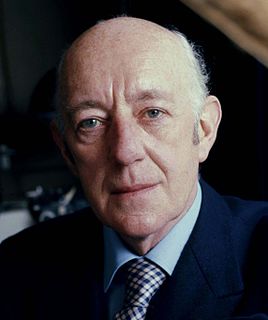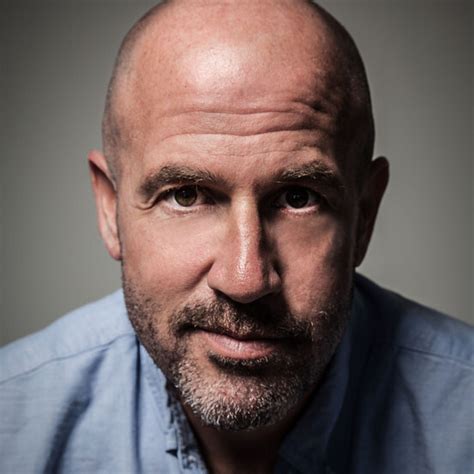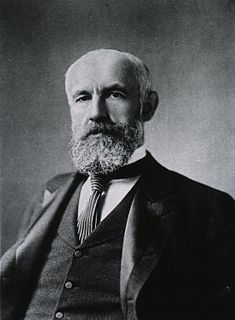A Quote by Sherwin B. Nuland
I have not often seen much dignity in the process by which we die.
Related Quotes
The belief in the probability of death with dignity is our, and society’s, attempt to deal with the reality of what is all too frequently a series of destructive events that involve by their very nature the disintegration of the dying person’s humanity. I have not often seen much dignity in the process by which we die.
It is impossible to talk of respect for students for the dignity that is in the process of coming to be, for the identities that are in the process of construction, without taking into consideration the conditions in which they are living and the importance of the knowledge derived from life experience, which they bring with them to school. I can in no way underestimate such knowledge. Or what is worse, ridicule it.
Much of the day I have busied myself making notes on the small parts in Shakespeare, often nameless, which are rewarding to the actor if only he'll not dismiss them as beneath his dignity. If I can work it up into a talk I might call it, 'Only a cough and a spit ' -the phrase so often used by actors to explain away a lack of opportunity.
The quotes are often poignant or funny (one man before the firing squad requests a bulletproof vest) and often don't register as much more than interesting historical documents from centuries past. But read in aggregate, all that pain piles up. Essentially, Elder has amassed a collection of what people say when they know they are going to die, the final product of what could be seen as psychological torture.
I think one of the issues quite often, from a mental health perspective, that people find power behind a gun. Frequently, that is the issue behind most people. They feel a loss of power. They use a gun to sort of equalize things. And, of course, once the process begins, quite often people die in that process.
When you have your own bus, then you have dignity. When you have your own school, you have dignity. When you have your own country, you have dignity.When you have something of your own, you have dignity. But whenever you are begging for a chance to participate in that which belongs to someone else, or use that which belongs to someone else, on an equal basis with the owner, that's not dignity. That's ignorance.
When I am alone the flowers are really seen; I can pay attention to them. They are felt as presences. Without them I would die...they change before my eyes. They live and die in a few days; they keep me closely in touch with the process, with growth, and also with dying. I am floated on their moments.
Daily contact with some teachers is itself all-sided ethical education for the child without a spoken precept. Here, too, the real advantage of male over female teachers,especially for boys, is seen in their superior physical strength,which often, if highly estimated, gives real dignity and commands real respect, and especially in the unquestionably greater uniformity of their moods and their discipline.
For a wound to heal, you have to clean it out. Again, and again, and again. And this cleaning process stings. The cleaning of a wound hurts. Yes. Healing takes so much work. So much persistence. And so much patience. But every process has an end and an appointed term. Your healing will come... And like all created things, your worldly pain will die.
What do I think happens when we die? I think we enter into another stage of existence or another state of consciousness that is so extraordinarily different from the reality we have here in the physical world that the language we have is not yet adequate to describe this other state of existence or consciousness. Based on what I have heard from thousands of people, we enter into a realm of joy, light, peace, and love in which we discover that the process of knowledge does not stop when we die. Instead, the process of learning and development goes on for eternity.



































